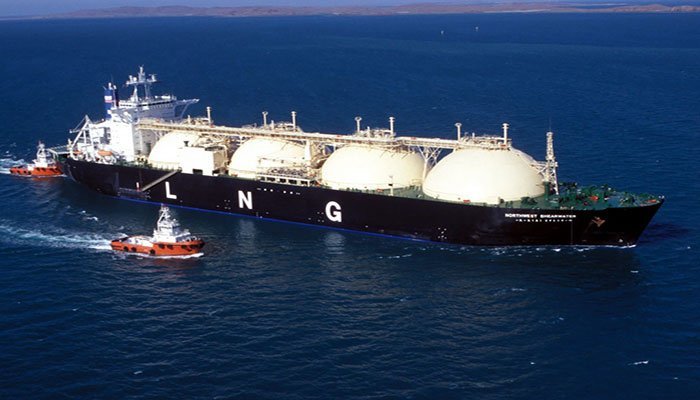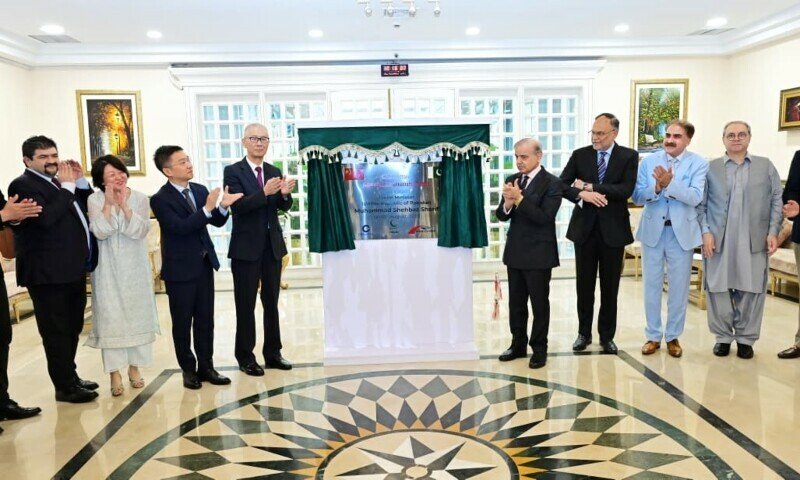Pakistan Moves to Optimize LNG Deal with Qatar Amid Changing Energy Needs
ISLAMABAD:
Pakistan has taken a forward-looking step to realign its long-term Liquefied Natural Gas (LNG) arrangements with Qatar, ensuring the country’s energy strategy remains flexible, efficient, and cost-effective in light of evolving domestic demand.
The Economic Coordination Committee (ECC) has given the green signal to the Petroleum Division to initiate discussions with Qatar for adjustments in LNG import volumes. The move reflects Pakistan’s commitment to aligning energy imports with real-time national requirements, avoiding unnecessary costs, and prioritizing local production.
Petroleum Minister Ali Pervaiz Malik is expected to lead the dialogue in Doha, where Pakistan aims to explore solutions that create win-win outcomes, such as adjusting monthly cargoes or extending contract timelines to spread out deliveries. Officials say this demonstrates Islamabad’s determination to strengthen ties with its “brotherly” partner, while ensuring economic prudence at home.
According to official assessments, by recalibrating imports, Pakistan could optimize up to 51 cargoes—valued at over $1 billion—between 2025 and 2026. Rather than being seen as a challenge, this presents an opportunity to renegotiate for greater flexibility and reduce pressure on foreign exchange reserves.
The government is also focused on maximizing the role of domestic gas fields, boosting local production, and strengthening the overall energy supply chain. Curtailments in LNG intake will enable the continuation of local exploration and production, which in turn supports Pakistan’s broader energy security and reduces dependency on imports.
Pakistan’s LNG partnership with Qatar, cemented through landmark agreements in 2016 and 2021, remains one of the cornerstones of its energy security. The contracts—among the most competitive in the region—were signed at benchmark-linked rates that ensured significant cost savings for the country. In fact, the 2021 deal lowered import prices by 31% compared to the earlier agreement.
Looking ahead, 2026 offers a natural review point for both sides, opening the door for Pakistan to further negotiate terms that reflect the realities of the global energy market and domestic consumption trends. This flexibility strengthens the long-term viability of Pakistan’s energy planning.
Experts believe that Pakistan’s timely decision to proactively manage LNG volumes will not only safeguard the economy but also signal to global partners that the country is adopting responsible and adaptive energy strategies.
At its core, this step reflects a broader vision: balancing imported energy with domestic resources, managing costs prudently, and nurturing strong regional partnerships. As Pakistan modernizes its energy mix, initiatives like these ensure both affordability for consumers and sustainability for the economy.



